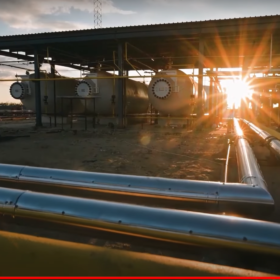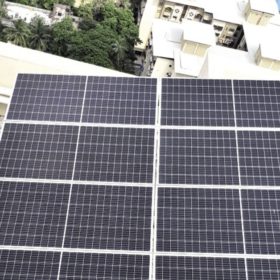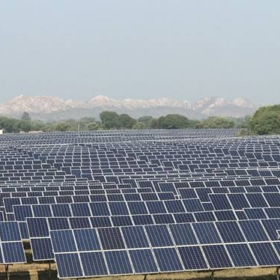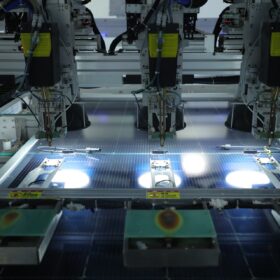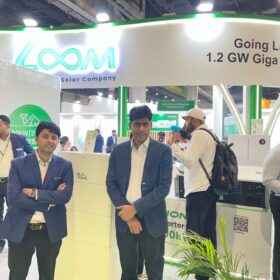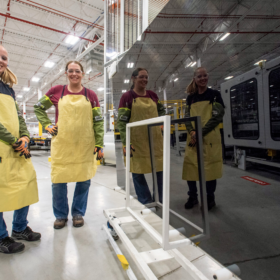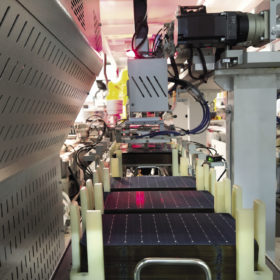India to lead new energy wave
A new report from the Institute for Energy Economics and Financial Analysis (IEEFA) tracks key trends at major companies across India’s power sector value chain. It finds the nation is poised to lead the clean energy wave, with investors committing in response to the bold policies that are enabling the transition.
Green ammonia, low-hanging fruit for India’s green hydrogen economy
A new report from IEEFA says green ammonia could help India significantly reduce its trillion-rupee fertilizer subsidy bill and cut dependence on liquefied natural gas (LNG) imports for fertilizer production. The report looks at leading green hydrogen to green ammonia projects worldwide and reviews the cost competitiveness of producing green ammonia using various electricity inputs – grid electricity, round-the-clock renewable power, and solar power plus batteries. It also looks at the policy interventions required for green hydrogen and ammonia projects.
India may miss 2022 solar target of 100GW by 27%
A new report by JMK Research and the Institute for Energy Economics and Financial Analysis (IEEFA) says India is likely to miss its ‘100GW by 2022’ solar target by about 27GW, mainly due to the underwhelming growth of rooftop solar. While utility-scale solar is on track to achieve nearly 97% of the 60GW installed capacity targeted by 2022, rooftop solar will be 25GW short of the 40GW mark.
Solar power generation for EV charging far more land-efficient than cultivation for ethanol blending
A new report by IEEFA proposes enhancing India’s electric vehicle (EV) adoption strategy as an alternative to further promotion of blended fuel, given the land-use efficiency gap between renewable energy generation for EV charging and cultivation for ethanol blending in fuels. Matching the distance driven by electric vehicles (EVs) charged from one hectare of solar generation would require ethanol derived from up to 251 hectares of sugar cane or 187 hectares of maize, it estimated.
Building a sustainable, vertically integrated solar manufacturing ecosystem in India
A new report by JMK Research and IEEFA says Indian solar manufacturers need to create a strong foundation for sustainable development overall by integrating raw materials and impetus to R&D in their plans, rather than focusing solely on output.
India’s technology path key to global steel decarbonisation
The global steel industry is poised to shift from coal to hydrogen. With enough high-quality iron ore and low prices for hydrogen, India could play a pivotal role in global steel decarbonisation given its large and growing economy.
India’s annual lithium battery market will reach 116 GWh in eight years
The annual demand for lithium-ion batteries in India will reach 116 GWh in FY 2029-30, with electric vehicles (EVs) accounting for 90%.
With green bonds push, the sun continues to shine for renewable energy financing in India
With the issuance of sovereign green bonds, several global investors will be interested in taking exposure to the Indian renewable energy market that is brimming with opportunities in hybrid, storage, round-the-clock, and rooftop solar projects.
Power banking restrictions will curb open-access solar
A new report analyzes the current status of banking provisions across solar and wind energy rich states in India, along with the implications of these restrictive provisions upon the renewables sector.
Uttar Pradesh at a crossroads in electricity transition
Uttar Pradesh needs to ramp up solar installations to not only meet its own renewable energy (RE) targets but also to avoid holding back India’s performance on its targets of 175 GW of RE capacity by 2022 and 500 GW of non-fossil fuel capacity by 2030, says a new report.

